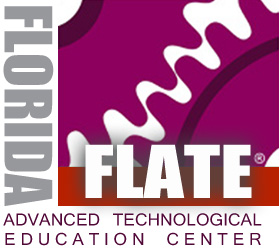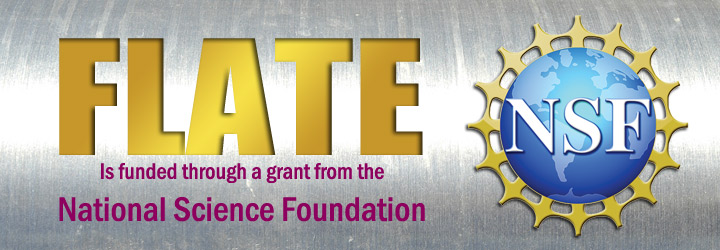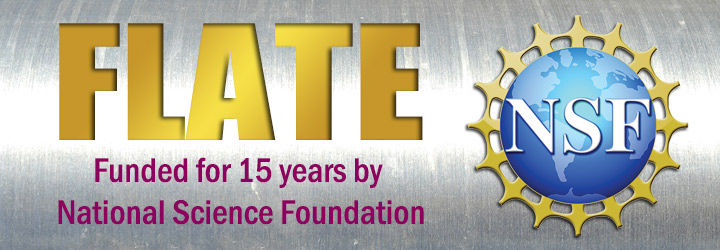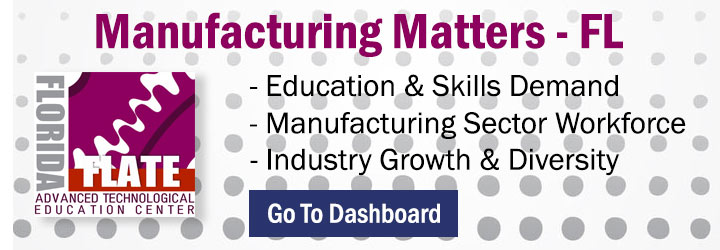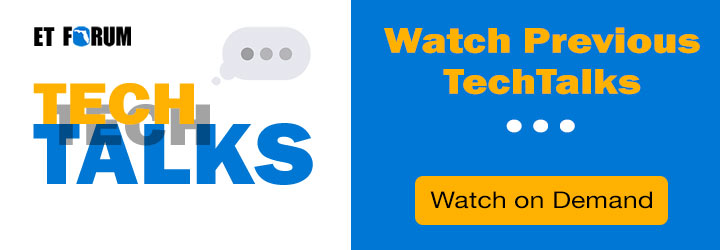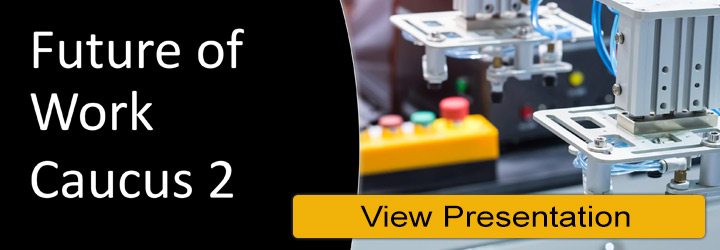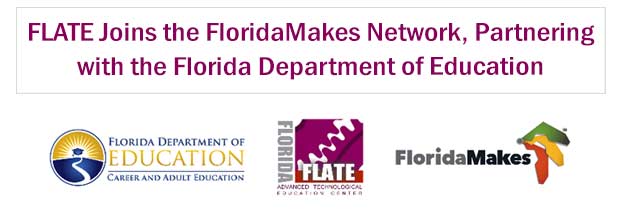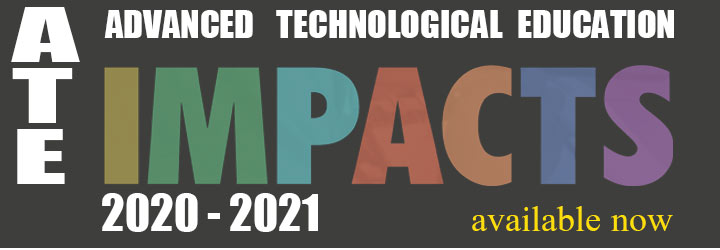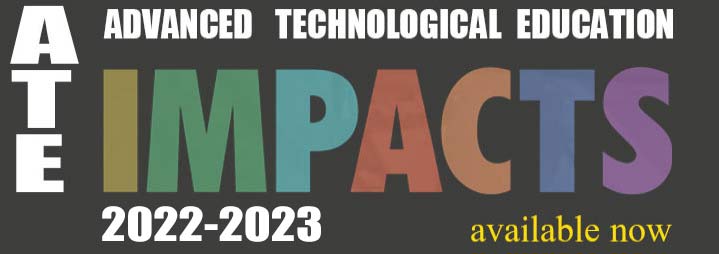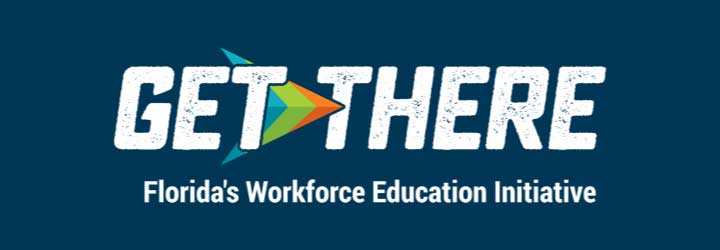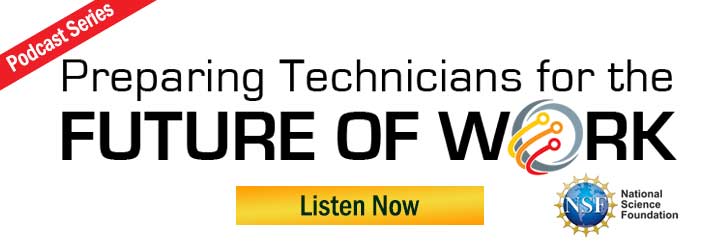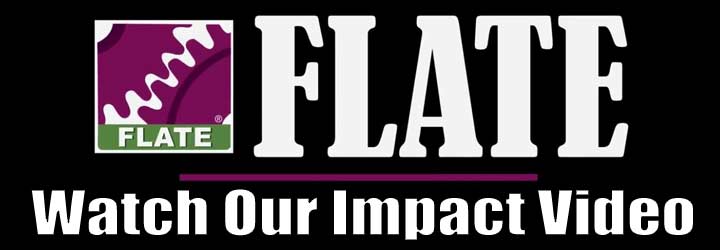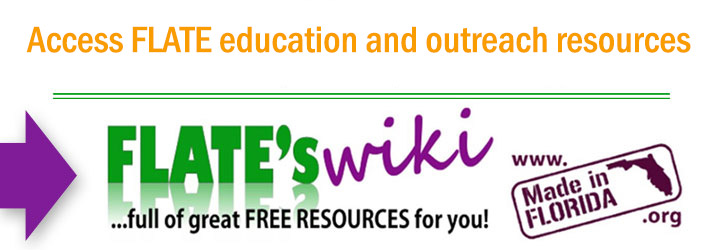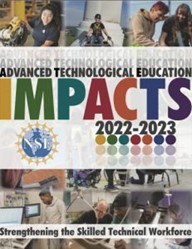New Program Integrity Regulations Could Bring Changes Down the Postsecondary Education Pipeline
This year the United States Department of Education (US DOE) has rolled out new Program Integrity Regulations that will impact all public and private colleges across the nation. As we have come to expect, when it comes to important issues like this, Jim Simpson at Florida State College at Jacksonville is on top, if not ahead of this issue. He has developed a comprehensive review of these new rules as well as an implementation guide for Florida institutions.
The extensive rule changes by US DOE were put into play after comprehensive investigations and research that involved both public and private institutions on their current practices in these areas. The full suite of new regulations can be thought of as a “consumer” protection plan for students. Only time will tell if the new regulations significantly change the working landscape of post-secondary educational institutions, more importantly provide students with straightforward information that can help them make good decisions and investments for their futures. In the mean time, there is much ado and much to do, and it is useful for all of us to be aware of upcoming changes in the institutional frameworks at the post-secondary level.
The new rules cover : (1) state authorization (definition of various institutions and distance learning) (2) incentive compensation (3) credit hour definitions (including credit hour alignment to clock hours, and the relationship of credit hours to financial aid eligibility) (4) misrepresentation to students and others about graduate employability, nature of programs, and program costs (5) gainful employment reporting and disclosing (6) high school diploma validity determination (6) agreements between institutions that offer portions of a single program (7) structure and consistency of determining academic progress and (8) definition of full time enrollment to include repeated courses. There are also five rule changes and clarifications regarding Title IV programs/students. The full regulatory language can be found in the Federal Register and is posted at https://edocket.access.gpo.gov/2010/pdf/2010-26531.pdf. A summary of Jim’s comprehensive review of these new rules as well as an implementation guide for Florida institutions can be found at: https://faculty.irsc.edu/oesc/base_5.html, or by emailing Jim Simpson at jsimpson@fscj.edu.
Please enjoy this issue of the FLATE Focus. But first, I’d like to call your attention to summer activities for students and teachers and faculty including our first engineering technology summer institute, as well as our robotics camps for middle and high school (new) students. We are also developing an energy-focused summer camp for teachers, summer sTEm conferences, and beginning our special project with Tknika in Spain. As always try your hand at this month’s puzzle, read the spotlight article on Pratt & Whitney Rocketdyne—one of FLATE’s strategic industry partners in south Florida, and learn about Tri-IT an NSF-funded project geared to increase the number of girls and women in IT and STEM.
If you have a special project or event you would like highlighted, please let us know.
